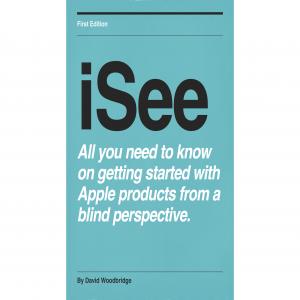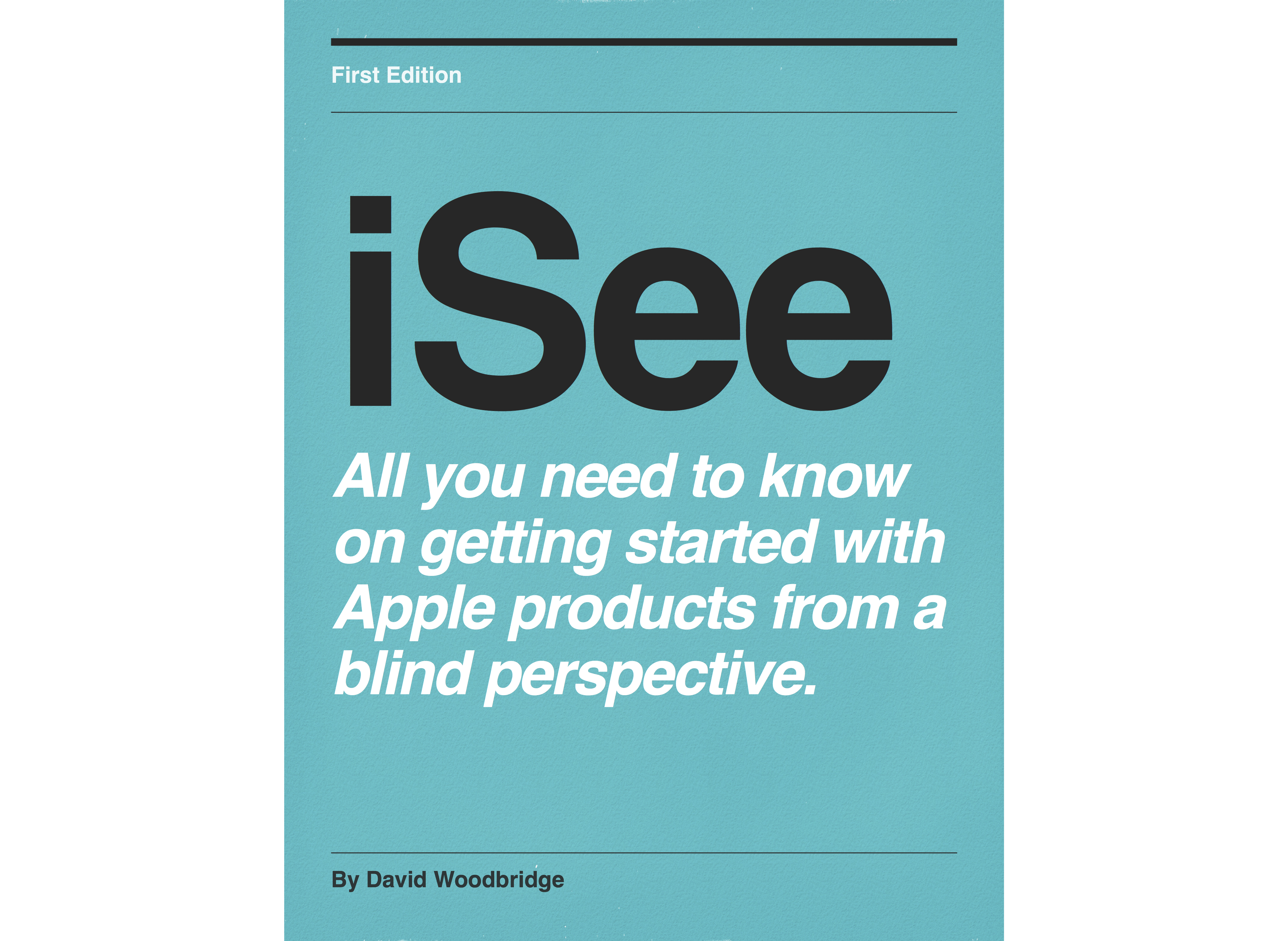
Episodes

Monday Jan 23, 2023
tech Monday for 2023 - discussing back to study tech ideas for 2023
Monday Jan 23, 2023
Monday Jan 23, 2023
Some Tech Ideas for Getting Back in to Study for 2023
Is your study area organised: desk space, enough power points, all necessary chargers, lighting etc .
Do you need to purchasing a new desktop/laptop or just make sure your existing computer is ready to go.
Tip: if you can, don’t share the family computer, smart phone or tablet, chances are you’ll get in to a spot where you can not use it.
As a rule of thumb, the more memory and storage you can afford the better off you will be: 16GB memory, and 256GB storage.
Do you have the necessary peripherals for your computer: keyboard, mice/trackpad, monitor, printer, scanner, external hard drive/other storage, monitor stand, etc.
Tip: most computers these days just don’t have enough ports, grab yourself a port replicator for your computer to allow you to plug in a number of things such as USB devices, memory cards, monitors, etc . Again, may not be bad to have one at home and one in your bag, this way, things can stay plugged in at home whilst you take the laptop with you.
If you need your keyboard that you use on your computer/smart device marked up with tactile markers or large print stickers, make sure it is done before you need to start using it.
Are all the programs you need to use on the computer all working: not only the assistive technology, but the actual programs you will need to use.
Keep your computer/smart device organised, and use folders to organise your work.
Have you got all your books or know where to access them in your chosen format or with what app.
Remember you can use your Smart phone as a Hot Spot to the Internet when you are out and about or alternatively get a hotspot from Telstra etc. This way, you can still send emails, files, and conduct research.
Besides cloud storage, think about an external hard drive, memory cards or flash drives to keep your work, backup your work and to transfer files between your own devices or give a file to another person.
If you rely on a smart phone, tablet or both: are they up to date, and working with all the apps you may need.
Remember you can use a BT keyboard with a smart phone or tablet.
Make sure all hardware is charged up: not only laptops/tablets, but BT keyboards, mice/trackpads, head phones, digital recorders, magnifiers, task lights etc. Where possible, have for want of a better term some non battery operated devices: eg 3.5mm head phones, UsB plug in keyboard/mice/trackpad, ability to take notes manually if necessary etc. This way, if power is out or battery goes flat, you can still study.
If there is any reason you may need an external speaker for demoing media or listening to content yourself, grab a portable BT speaker.
These days lots of study sessions are conducted via video conferencing. You need to make sure that you have access to a camera in your desktop (or use the one in your smart phone with a stand), and your head set has a microphone (or use the one in your smart phone.
Do you have a power bank to recharge your devices when away from home or another wall charger to take with you if you can plug it in where you are going.
Tip: keep a power extension chord and power board in your bag, you may not always be close to a power point.
If any thing you use needs AA or AAA batteries such as a digital recorder, BT speaker, hand held magnifier etc, have a pack on your desk as well as in your bag.
Especially for using your smart phone or tablet as a OCR scanner or Video Magnifier, make sure you have a stand to put the phone/tablet on when using the camera to perform these functions.
If you need portable task lighting, grab a rechargeable task light to use at home or pop in your bag. If you need one at home as well, possibly get one just for home.
Have simple backups to your backups, keyboards, chargers, cables, power boards, ear phones etc, this way, if one goes missing, you have a spare.
If you can, leave a set of chargers plugged in at your desk, and have another set that goes in your bag when you are off to study etc: this way, chargers don’t go missing/damaged, cables break etc.
For cane users or even Guide Dog users, always have a spare cane in your bag. This way if your cane gets broken by being stepped on or you want to check what your Guide Dog may or may not be doing, having a cane available is a great backup.
Is your expensive equipment clearly marked with your contact details. In case you leave something behind or can not find it in the house etc, attach a tracker tag.
Overall, is your assistive software/hardware technology all working. Have options for both software/hardware if the main things stop working for some reason: eg use different browsers, email programs, word processors etc. If you use a custom device, can you use a smart phone app or the computer etc.
Is your bag you carry all this stuff in ok or does it need replacing, if so, obviously get a new one.
Make sure your bag is as rain proof as possible or grab some large sealed bags that you can pop stuff in to in case you get caught in a storm and you need to protect your gear.
Vision Australia Shop has many items to cover many of these points. Also, you can contact the Adaptive Technology Help Desk as well at Vision Australia on 1300 847 466.

No comments yet. Be the first to say something!